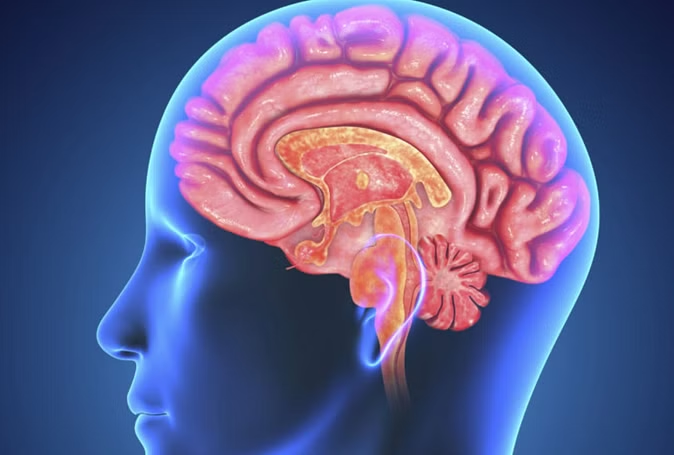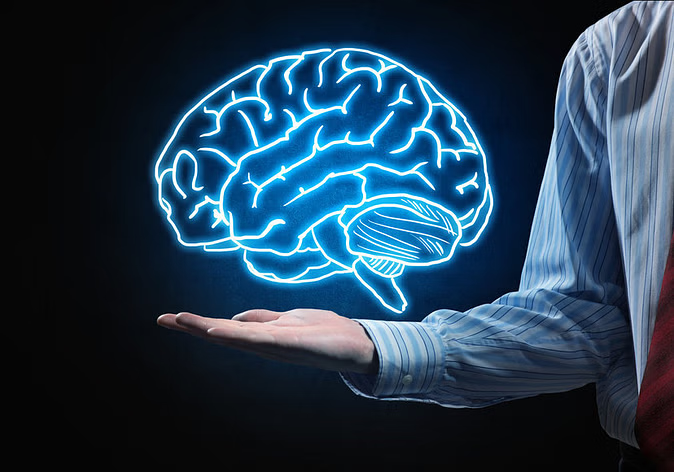If we look at the data of the last two decades, it is clear that the risk of many types of diseases has increased rapidly in India. Apart from diabetes and heart problems, the risk of many types of neurocognitive problems is also seen to be high in people here. Neurocognitive disorders are a group of neurocognitive disorders that may result in decreased mental functioning. Due to these disorders, there may be a risk of reduction in the ability to perform daily tasks. Recent reports show that the risk of such diseases is increasing in India.

Nearly 1 in 5 Indians aged 60 may be at risk of neurocognitive disorders, say health experts. Its risks are increasing with time, due to which everyone needs to be alert and take preventive measures from an early age. The risk of these types of problems may increase as age increases. Not only can this hurt the quality of life, but the burden of these disorders on the medical field is also increasing.
The problem of neurocognitive disorders is increasing in India.
According to a study published in the journal Pulse One, the prevalence of disorders like dementia in India has become much higher than before. During the study, researchers examined the number of people suffering from dementia in India and attempted to find out how many people aged 60 years and above in the country have the neurocognitive disorder. It is important to know here that dementia is an organized form of many types of neurocognitive problems, Alzheimer's disease is considered one of the major factors of dementia.
Research has found that in India, about 24 million (2.4 crore) people aged 60 years may have mild, and 9.9 million (99 lakh) people may have severe types of neurocognitive problems.
Learn about neurocognitive disorders
Neurocognitive disorders, health experts say, are problems with alterations in cognition and thinking caused by underlying brain problems. The study results suggest that people over the age of 59 in India may be at higher risk of a variety of brain health problems, compared to the same age group in many other countries.
By comparison, in Britain, 14.5 million (14.5 crore) people over the age of 60 are suffering from dementia, that is, the rate is about 6.5%. According to the latest study, the dementia rate in India is around 9.5%.

What did the study find?
The participants were cognitively tested during the study. Their family members were asked to report changes in their daily activities. For example, if participants have minor changes in memory but everyday activities are not affected, it means that they have a mild level of cognitive impairment.
During the study, it was found that a large number of people above 60 years of age in India are victims of this type of disorder. Its roots may begin in adulthood.
Dementia problem can be serious
Health experts say that the condition of Alzheimer's disease can be serious. Due to this, the patient may face weakness in memory power, problems in maintaining concentration at work, difficulty in doing daily life tasks, confusion about time and place, and a change in mood. Researchers found that some changes in lifestyle and diet, abstaining from alcohol and smoking at an early age can help in reducing these problems of brain disorders.
Stanford Health Care reports that paying attention to regular exercise, controlling glucose levels, and maintaining a healthy lifestyle from an early age can help reduce the risk of many types of neurocognitive disorders.
(PC: ISTOCK)










